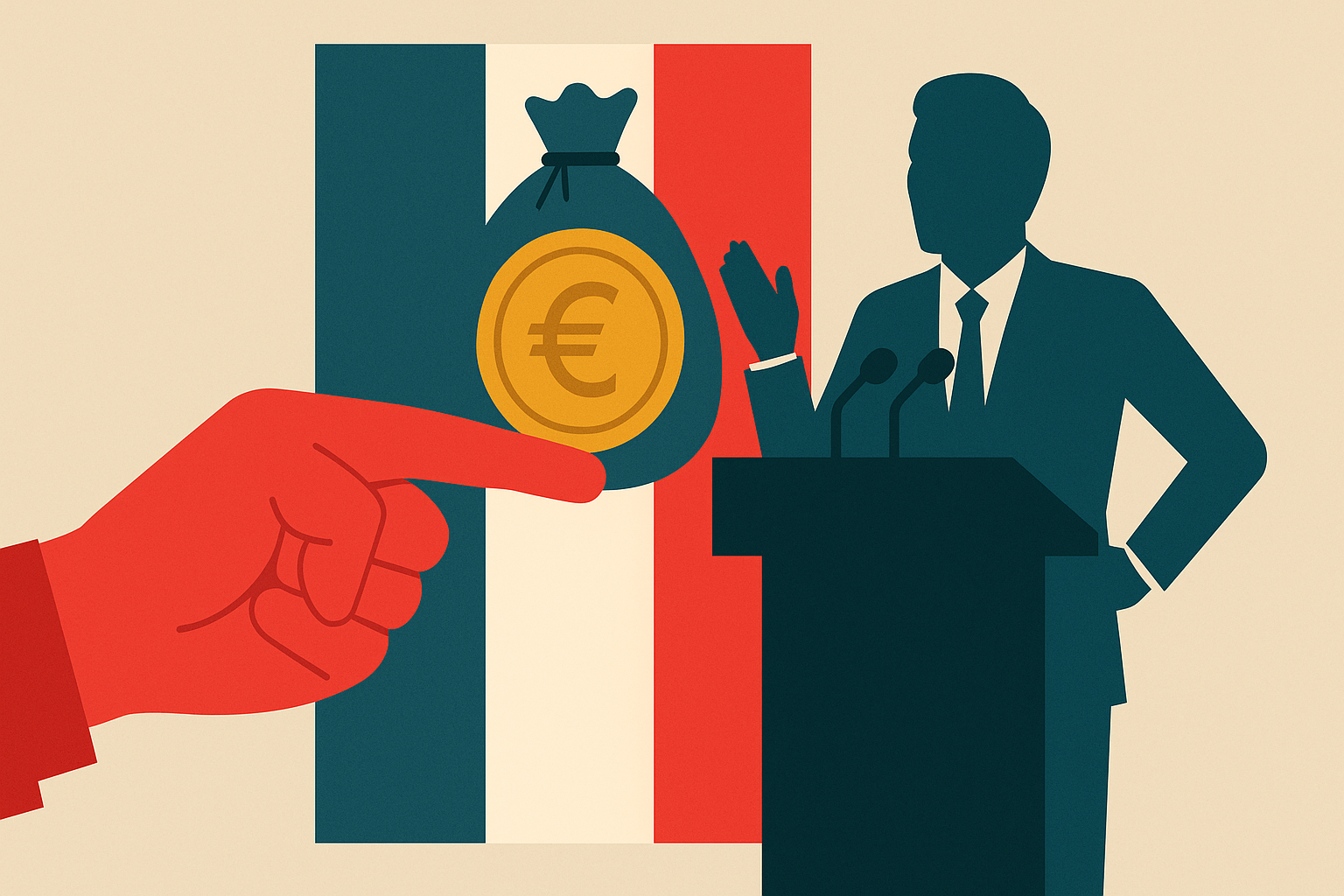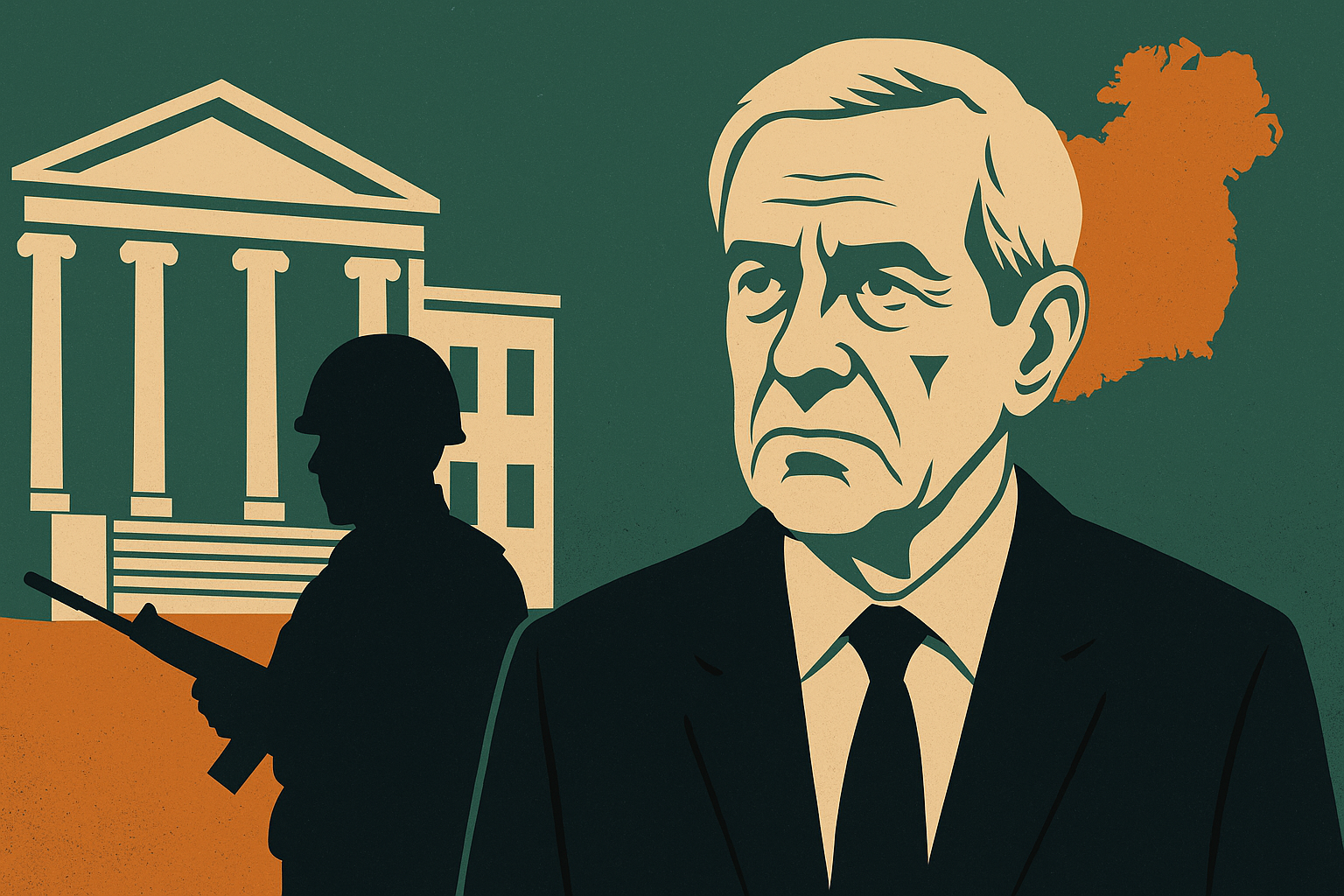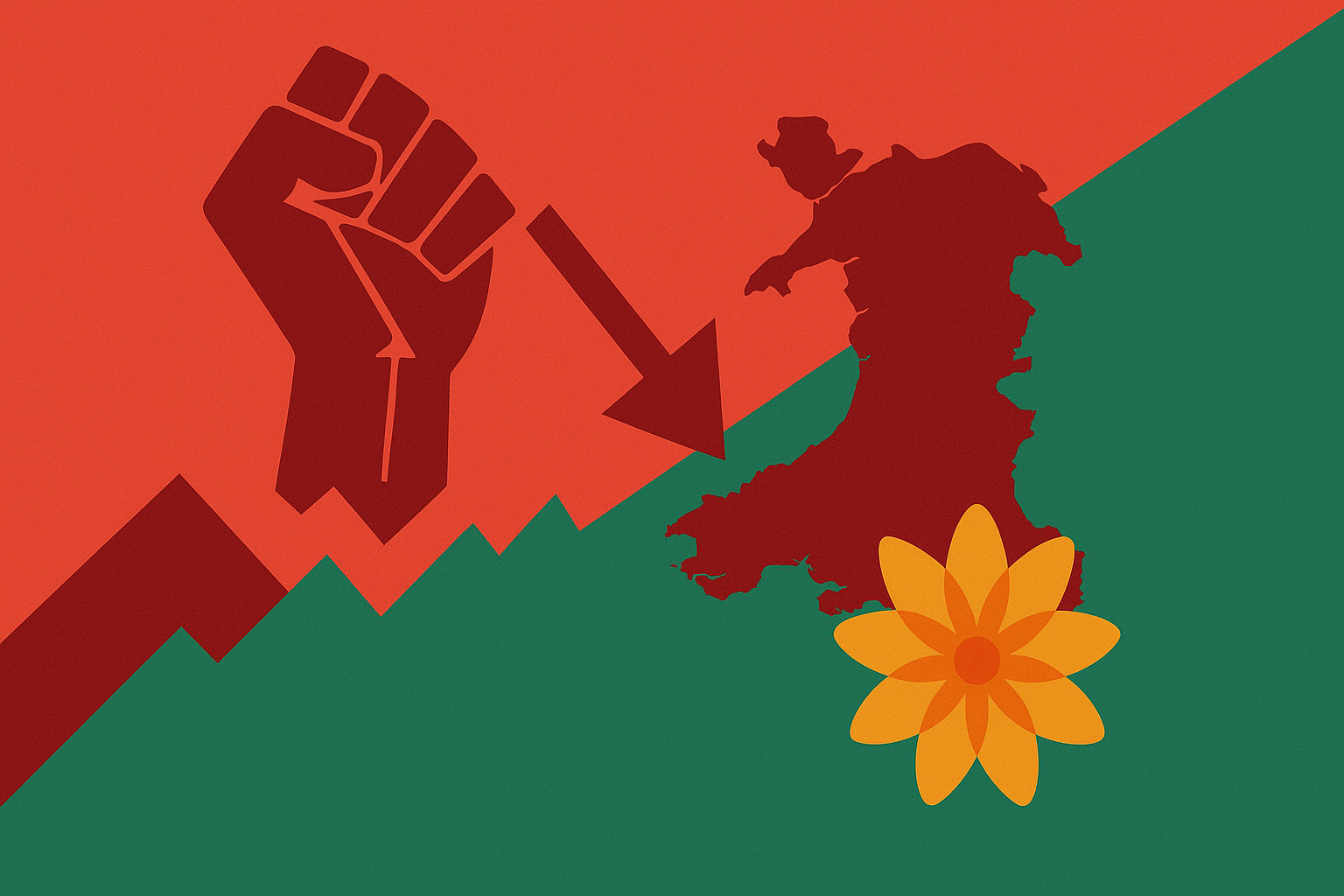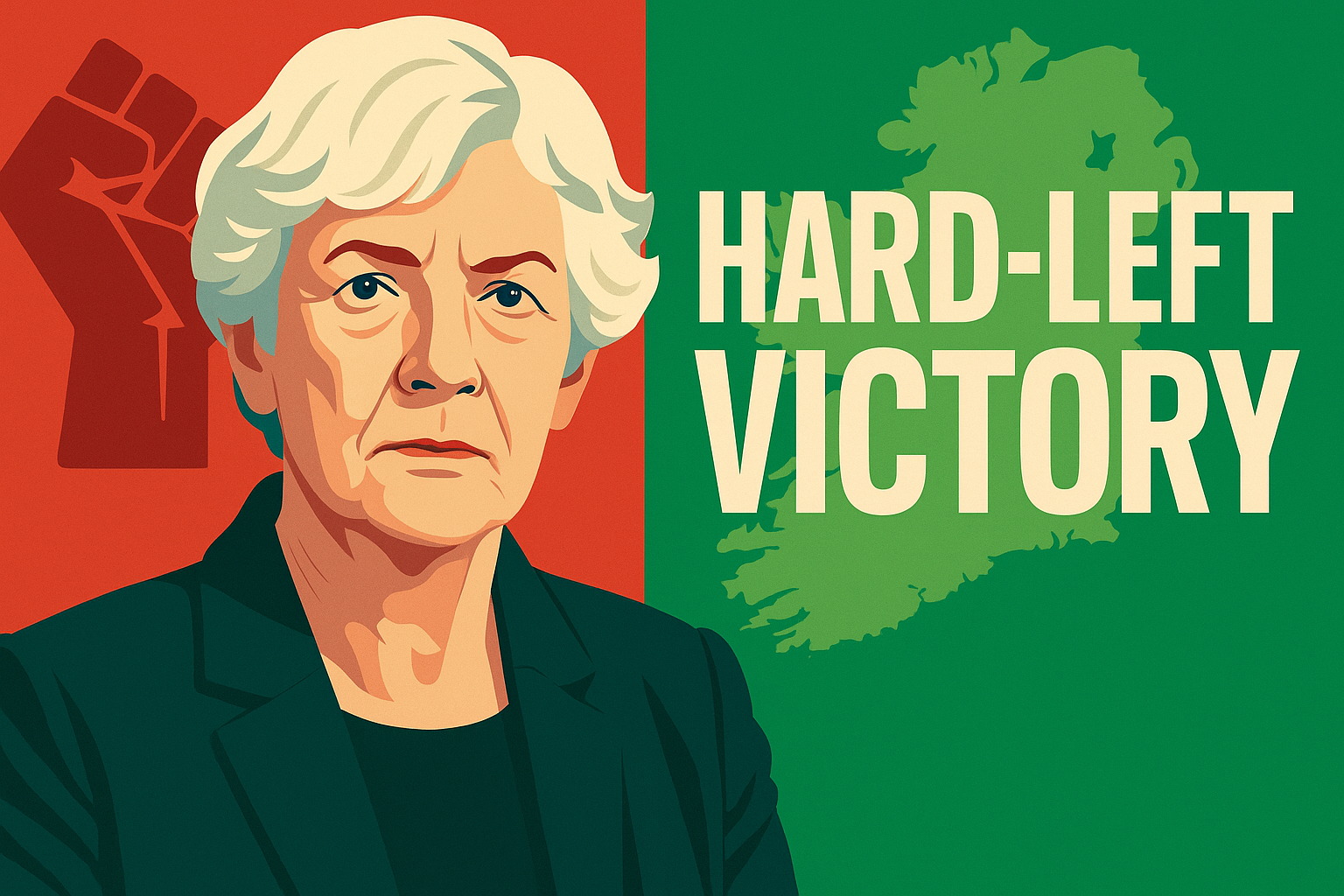European leaders convened in Rome this week for the fourth Ukraine Recovery Conference, a critical summit focused on supporting Ukraine’s postwar reconstruction amid ongoing conflict with Russia. Hosted by Italian Prime Minister Giorgia Meloni, the event brought together heads of state, international institutions, and financial leaders to assess and bolster Kyiv’s economic future.
Financial Strain and Urgent Needs
As Ukraine faces a projected budget shortfall of up to $19 billion, European capitals are under increasing pressure to escalate support. The conference aims to provide both symbolic backing and tangible resources, with leaders debating how to finance reconstruction efforts while war continues on Ukrainian soil.
Germany’s Chancellor Friedrich Merz, European Commission President Ursula von der Leyen, and other European figures joined Meloni and Ukrainian President Volodymyr Zelenskyy in Rome, reinforcing their commitment to Ukraine’s sovereignty and long-term stability.
Von der Leyen is expected to announce new EU guarantees aimed at unlocking billions in additional investment, while Meloni’s government plans to launch a €300 million initiative to support Italian companies participating in Ukraine’s rebuilding.
Shifting Calculations After Trump’s Return
Western governments are recalibrating strategies amid uncertainty about former U.S. President Donald Trump’s stance on Ukraine, particularly regarding the duration of the conflict and potential ceasefire efforts. Trump’s special envoy for Ukraine, Keith Kellogg, represented the U.S. in Rome.
European allies, once bracing for a swift Trump-imposed settlement, now anticipate a prolonged conflict that demands deeper and more sustained financial commitments.
Peace Talks and Papal Diplomacy
On the margins of the summit, President Zelenskyy met Pope Leo XIV at the papal summer residence. Zelenskyy thanked the pontiff for his offer to host peace negotiations with Russian President Vladimir Putin at the Vatican, although he acknowledged Moscow continues to reject such initiatives.
This marks the second meeting between Zelenskyy and Pope Leo XIV, reflecting ongoing efforts by the Vatican to act as a neutral facilitator.
“Coalition of the Willing”
Alongside the formal summit, European leaders in Rome also joined a virtual session of the “coalition of the willing” — a group of countries coordinating to support Kyiv in the event of a ceasefire and to plan for long-term stability.
EU Enlargement Momentum: North Macedonia Moves Forward
In a parallel development, the European Parliament has adopted its first progress report in three years on North Macedonia’s bid to join the EU, signaling renewed momentum for EU enlargement in the Western Balkans.
Skopje’s accession process, one of the most difficult in the region, has faced repeated delays due to historical and cultural disputes — first with Greece and more recently with Bulgaria. However, MEPs now advocate for accelerating the process, despite ongoing concerns over corruption and weak judicial systems.
Reports on Albania and Bosnia were also endorsed, underlining the EU’s strategic pivot toward strengthening ties with Southeast Europe amid the broader geopolitical shifts triggered by Russia’s war in Ukraine.
What to Watch
- Ukraine Recovery Conference continues in Rome, led by Italian Prime Minister Giorgia Meloni.
- EU environment ministers meet informally in Aalborg, Denmark.
- Geopolitical Watchpoints: Spain’s political crisis under PM Pedro Sánchez and ongoing EU tensions over deforestation laws, as Indonesia voices strong objections.
As Europe seeks to balance internal unity with global responsibility, the Rome summit serves as a key moment for both Ukraine’s future and the EU’s evolving role in global conflict resolution and economic reconstruction.








